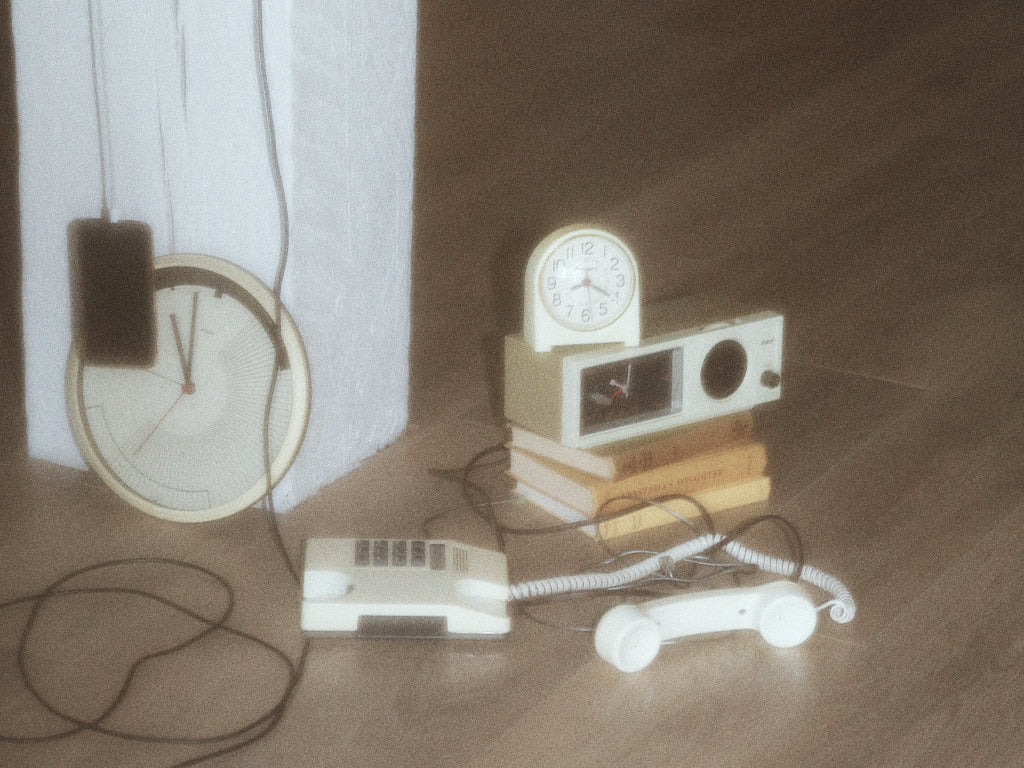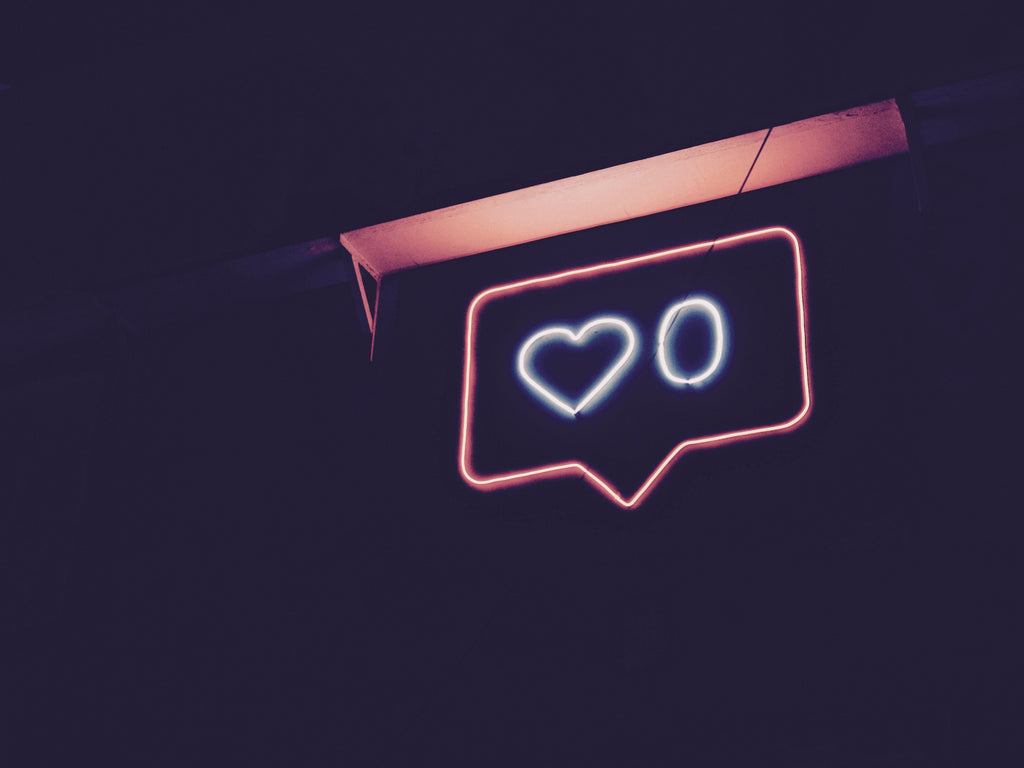In The Era Of The Side Hustle, Is The Hobby Dead?
Why we should resist the pressure to constantly optimize for profit.
In the era of the gig economy, we worship the side hustle. It’s productive, it’s profitable, it’s creatively challenging. But we can’t talk about hustle culture without acknowledging that it’s also exhausting. In the U.S., it’s an incredibly widespread habit: 49% of the under-35 population claims to have a side hustle alongside their full-time job. That means that after a 40-hour work week, almost half of the country is burning the midnight oil — for freelance clients, personal projects they hope to monetize, and the like.
Capitalism encourages this sort of working-ourselves-to-death culture, to the point where companies are even offering classes on how to get better at it. We’re taught that we’d do well to prove our worth by contributing to the economy in the form of labor — and that, if we’re especially smart and hard-working, our side hustle could become a successful startup. It’s a modern manifestation of the American Dream: if your idea is good enough, and the right people buy in, you can escape the mundanity of a regular 9-to-5.
"It’s a modern manifestation of the American Dream: if your idea is good enough, and the right people buy in, you can escape the mundanity of a regular 9-to-5"
But here’s the thing: most side hustles are not destined to mature into full-grown startups, and even when they do, 75% of startups fail. Don’t get me wrong — this is not an argument to dissuade would-be entrepreneurs. I am only advocating for us to consider why we feel compelled to optimize for profit, and what that might be doing to our hobbies.
Remember the pure joy of working on something without the hopes of it turning into a paycheck? It’s hard for me to recall the last time I wrote something that was genuinely — and exclusively — for myself, and not an assignment I took on in order to pay rent. It doesn’t make this a craft I love any less, but it changes the stakes from pleasure to profit. And when we constantly deprioritize our own pleasure, we risk forgetting why we loved our hobbies in the first place.
"Some of the most rewarding aspects of life have absolutely zero monetary return"
Millennials love to brag about being busy. It feels good to know that we’ve squeezed every ounce of productivity out of a day, and, in the gig economy mindset, value is defined by the profitability of a thing. But I’d argue that some of the most rewarding aspects of life have absolutely zero monetary return. Consider doing work toward self-betterment without having any obligation to also make that work for the sake of a paycheck. In doing so, you can recapture the original pleasure of the task, sans capitalistic constraint.
So, when a hobby is rid of external financial pressures, the hobbyist can experience pure joy for their craft. And with that comes an incredibly high return on investment: an ever-increasing understanding of oneself that allows for a cultivation of skill, empathy, and, simply, pleasure. We’d be remiss to forget how vital that untainted joy is to our self-betterment.
This post is tagged as:
You may also like...
The Latest
People & Places
How Ara Katz is Redefining “Self-Care” as Rooted in Science with Seed
The co-founder, mother, and self-proclaimed serial entrepreneur unpacks her philosophy on what it means to be well. Ara Katz hates the word “success”. Not because of its listed definition in a di...

Do Good Werk
9 Passive-Aggressive Email Phrases That Are Basically Evil
A Rosetta Stone for every time you want to :’).

Woo Woo
Get to Know Your Astrological Birth Chart
How to find meaning in the stars — and what it means for you.

People & Places
The 5 Best Places In New York To Meet Your Next Investor
Where to rub shoulders with the city's movers and shakers.

Do Good Werk
10 Unhealthy Thoughts You Convince Yourself Are True as a Freelancer
If you work alone, you might be particularly susceptible to distorted thoughts that hurt your mental health.

People & Places
Creating a Conference-Meets-Summer-Camp for Adult Creatives
An interview with Likeminds founders Rachael Yaeger and Zach Pollakoff This past September, I sat in front of an obituary I wrote for myself after a session with a death doula. No, I didn’t know w...

People & Places
When Something Golde Stays: An Interview with Golde’s Co-CEOs
“For us it was never a question,” says Issey Kobori, speaking of the decision to build a business with his partner Trinity Mouzon Wofford. At just shy of 27, Kobori and Wofford have secured a host ...

Better Yourself
Are They Toxic? Or Are They Human?
There’s a difference between putting up boundaries and putting up walls, and the latter is what breaks relationships.

Do Good Werk
How To Combat Seasonal Affective Disorder At Work
Here’s what to do if seasonal affective disorder starts to take a toll at the office.

People & Places
Reclaiming Womxn's Wellness Spaces from a White-Dominated World
How The Villij built a collective that their community can connect to.









